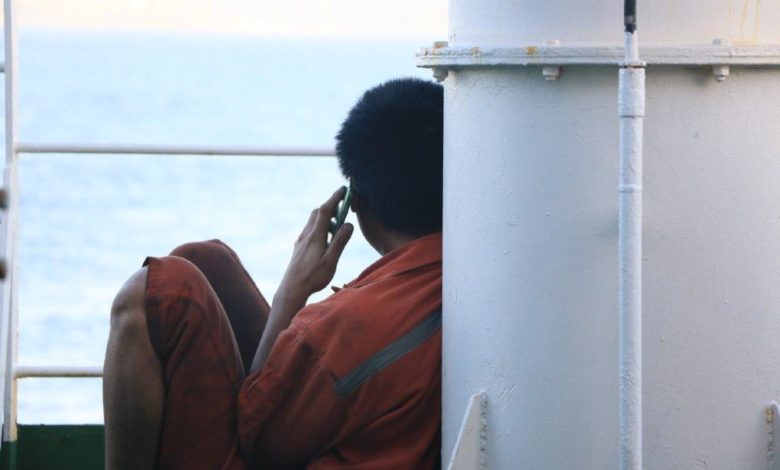
Shipping tackles potential workforce crisis
In a move to improve seafarer well-being and tackle worsening labour shortages in the shipping industry, the Global Maritime Forum has launched new guidelines for improving life at sea.
The international not-for-profit organisation said that it aimed to use its most recent Sustainable Crewing Guidelines to boost working conditions and alleviate the forecasted shortfall of 90,000 trained seafarers by 2026.
The guidelines were created by the organisation’s All Aboard Alliance with a consortium of 12 major shipping companies based on feedback from over 400 seafarers. These will address critical improvements needed in areas such as abuse and harassment, work-life balance, and onboard facilities to boost workforce well-being and safety.
The research carried out to inform the guidelines showed that 25% of seafarers experience harassment and bullying – rising to above 50% for female seafarers. 90% report having no weekly day off, and many are isolated with limited or no access to internet services at sea.
Struggling with inexperience, fatigue, and insufficient resources, workers face an increased risk of accidents. Allianz estimates that 75% to 96% of accidents and incidents at sea involve human error, while Science Direct claims that 15% to 20% of all fatalities are linked to fatigue.
Also, seafarer labour shortages have reached a 17-year high, and some major banks have indicated they could curb lending for shipowners who put seafarers’ welfare at risk.
Following 115 interviews with female seafarers from 23 different nationalities, the All Aboard Alliance launched the Diversity@Sea pilot project in October 2023 to address the pain points identified in the conversations. Several co-designed solutions were tested in a ten-month pilot project on 12 pilot vessels providing daily feedback to assess the impact of these measures.
Pilot leads from each of the involved companies worked closely together to translate the learnings from the seafarers into the nine Sustainable Crewing Guidelines:
“These guidelines serve as a roadmap for shipping companies striving to improve employee well-being, and will also help seafarers and other stakeholders identify companies that take sustainability and social responsibility seriously,” said Mikael Skov, CEO at Hafnia and All Aboard Alliance co-chair.
“We need a complete rethink of what good looks like when it comes to seafarer well-being. While existing measures like the Maritime Labour Convention provide minimum standards for working conditions at sea, we hope the Sustainable Crewing Guidelines can serve as inspiration to those companies that want to go beyond the bare minimum,” said Susanne Justesen, director of human sustainability at the Global Maritime Forum.
The All Aboard Alliance will meet in April to explore the next steps for the guidelines, which aim to improve life at sea and drive mutual accountability.